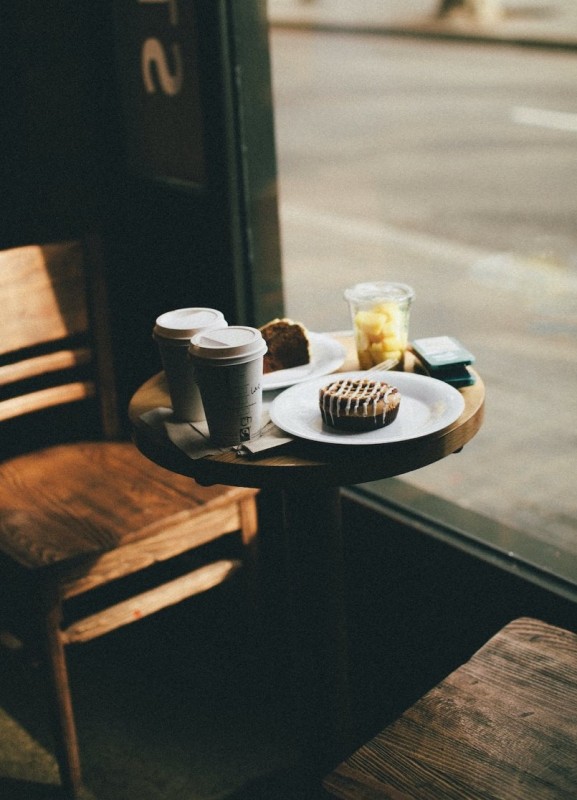News
Stories of the North East home front uncovered for exhibition

Women living in the North East have been researching what life was like for women living in the region during the First World War. Their findings form the centrepiece of an exhibition which will go on show at Newcastle City Library in May.
As part of the Wor Women project, which is a partnership between Newcastle-based social enterprise Curiosity Creative and Tyneside Women’s Health, the group used the region’s museums, libraries and archives to find out more about the impact of World War I on the lives of women on the home front.
The stories which were uncovered were made into digital stories which will now become a part of the North East’s permanent online archive of stories, which is managed by Curiosity Creative.
Alex Henry, Founder of Curiosity Creative, said: “It’s important that these stories, now that they’ve been discovered, are kept safely as a part of our region’s history. The stories of women on the home front during the war are sometimes less well known and I’m glad that some of them are being brought to everyone’s attention in this exhibition.”
Leonora Hogarth, who carried out research into her grandmother’s life during the war, said: “It was not until I got involved with our project Wor Women, did I realise the significance of something my grandma told me. My grandma, during WWI, had painted signal boxes somewhere near Wooler. I read some archive material from North Eastern Railways during a visit to Gateshead Central Library and this told me that women had indeed worked as porters, clerks, ticket collectors, even cleaning engines in the engine yards, but no painters of signal boxes.
“I decided to do some independent research and discovered that there had been a railway line between Alnwick and Kelso. The line went through Wooler. When exploring online for images of signal boxes in that area, one signal box caught my interest. The signal man had been a Mr Allen. My grandma’s maiden name was Allen. Could my grandma have been related to him? Could she have done the job as a volunteer or as a favour for a member of her family? I don’t know. I intend going further, digging deeper to find out more about her role in the Great War.”
Elaine Slater, from Cramlington carried out research into her relatives’ lives in the West end of Newcastle during the war. The family ran Slater’s grocers and after the death of Thomas Slater, his widow Dorothy carried on the running of the shop with her four daughters. Elaine said: “Throughout the war years, the sisters helped their mother run the shop. I imagine running the business was difficult as rationing took hold. It is interesting that although all the daughters worked in the shop at some point, there was still a choice to be made between career and motherhood. The two sisters who were married and had children gave up their jobs while the two sisters who did not marry continued to work.”
Gwen Usher, who lives in Newcastle found out about the life of her Aunt Mary, who lived in Heaton in the early 20th century. Mary began a career in nursing, inspired by war time posters encouraging people to volunteer in the region’s hospitals. Mary was appointed to Newburn and Lemington Hospital in 1914 and went on to a successful career in nursing until her retirement in 1959.
These stories, along with others which were discovered during the Wor Women project, can be watched in the exhibition at Newcastle City Library, Level 4 between 1st and 31st May. They can also be viewed online at www.curiositycreative.org.uk.
Wor Women is funded by the Heritage Lottery Fund through its First World War: then and now programme. This programme provides grants of £3,000 to £10,000 for communities to mark the Centenary of the First World War.



